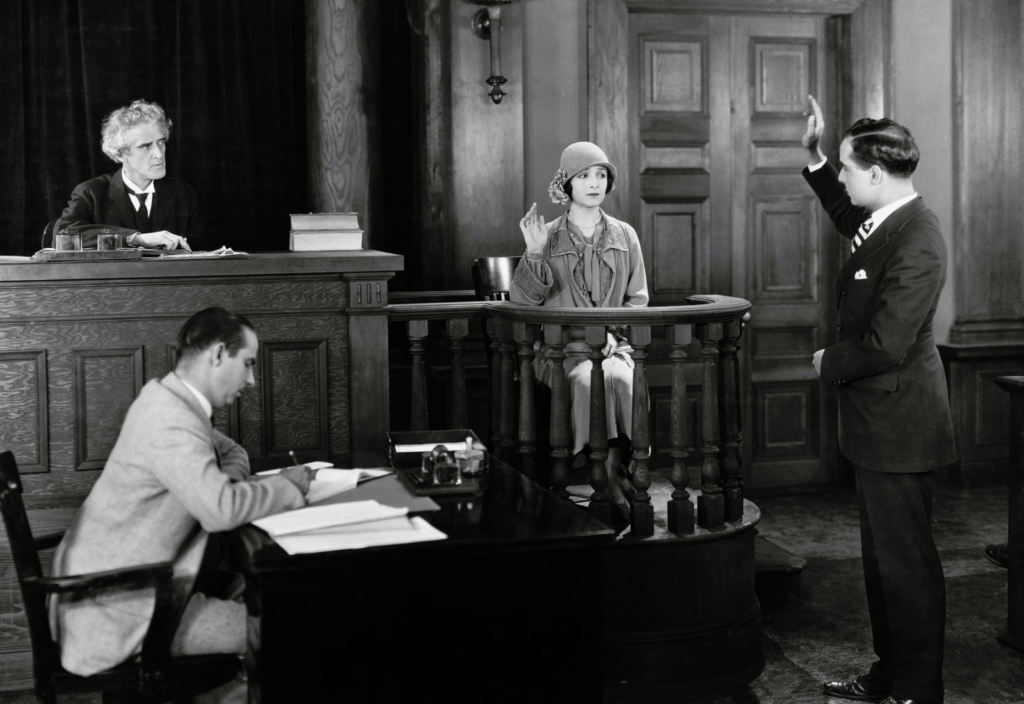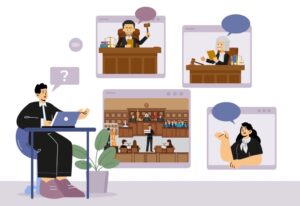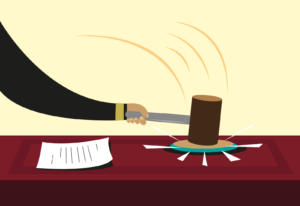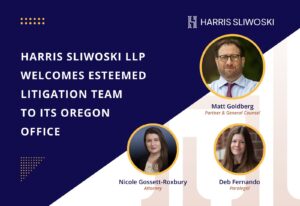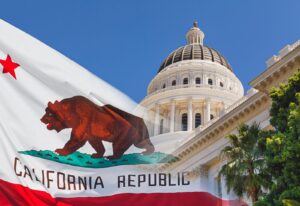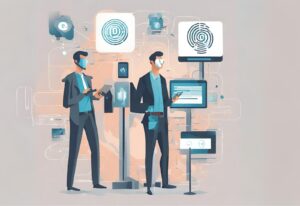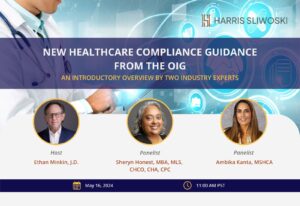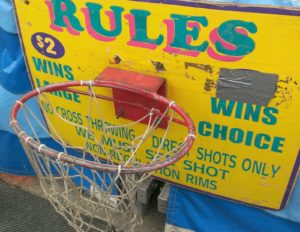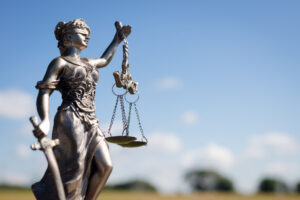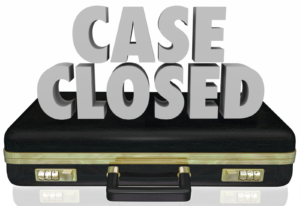As most litigators would tell a client, choosing the right expert in litigation can be the difference between winning and losing. I have litigated many cases and I have seen first-hand how picking the right or wrong expert can have an incredible impact on the outcome of the case. Litigators often say that a case is a “battle of the experts”. That is no exaggeration – many cases come down to expert testimony.
This article focuses on how to choose the right expert for your case.
1. The Basics for an Expert
Rule 702 of the Federal Rules of Evidence states:
A witness who is qualified as an expert by knowledge, skill, experience, training, or education may testify in the form of an opinion or otherwise if the proponent demonstrates to the court that it is more likely than not that: (a) the expert’s scientific, technical, or other specialized knowledge will help the trier of fact to understand the evidence or to determine a fact in issue; (b) the testimony is based on sufficient facts or data; (c) the testimony is the product of reliable principles and methods; and (d) the expert’s opinion reflects a reliable application of the principles and methods to the facts of the case.
Rule 702 sets forth the basic requirements for expert testimony. As the lead-in to Rule 702 states, someone can qualify as an expert based upon “knowledge, skill, experience, training, or education.” For example, if someone has a Ph.D. in statistics, they are qualified to testify about the statistical equations they used in forming their opinions. However, education alone is not the only way to qualify as an expert, and an expert can have several of the qualifying factors outlined in Rule 702 (e.g., they can have the educational background and work experience to qualify as an expert).
Moreover, a lay witness cannot testify about expert subjects. As Rule 701(c) states, “If a witness is not testifying as an expert, testimony in the form of an opinion is limited to one that is …not based on scientific, technical, or other specialized knowledge within the scope of Rule 702.” Thus, if a party wants to put on evidence that is technical or scientific, they must use an expert.
2. The Ideal Expert
Since we have now established who can be an expert, how does a litigator find the ideal expert? While there is no precise answer, there are several important things to consider.
An expert must do two things well – testify and write. Most jurisdictions require an expert report. Even though an expert report can be hearsay and excluded from the evidentiary record, it is not uncommon for parties to stipulate to the admission of the expert reports. Oftentimes, under such a stipulation, the expert’s direct testimony is what is in their expert report. Thus, either a jury or judge will have the expert report when deliberating.
There are instances where an expert is very good on the stand, but he or she does not write well. Conversely, there are instances where an expert writes well but is not good at testifying. Being able to discern whether both qualities exist is an important part of a lawyer’s job.
While education alone is sufficient to qualify as an expert, that should not be the end of the inquiry. As I have said many times, not all experts are created equally. An expert who has also published in peer-reviewed journals would be more credible than an expert who qualifies on education alone. Moreover, an expert who has published, has the educational background, and has work experience, is the ideal expert.
3. Finding an Expert
The first task will be finding experts to interview for your case. If I need a new expert for a subject matter I have never dealt with, I start by contacting present and former colleagues to see if they have retained such an expert before. Having a colleague endorse an expert is always helpful. Moreover, colleagues can also tell you how the expert testifies and writes. Your colleague may even be willing to share the expert’s report from his or her case, as well as the trial transcript for when the expert testified.
If you are unable to find an expert through a colleague, there is always Google. I have used Google successfully before when finding an expert. There are also expert directories that can be reviewed.
In addition to the foregoing, there are national, regional, and local consultancies that have good reputations. For example, if you need a damages expert, a well-regarded accounting firm may have the right person for you. Moreover, there may be accountants in the firm that specialize in the relevant industry. Retaining an expert that understands not only his or her field but also has a deep background in a specific industry, is extremely important.
Last, a lawyer should always discuss experts with their clients. The clients know their industry well, and they often know some of the leading experts in their field. I recently had a trial that dealt with an obscure FDA test for a generic drug. The client identified the FDA expert. We used this expert, but only after interviewing a few other FDA experts. In our case, the FDA expert was the key witness and his work and testimony were cited by the tribunal in their opinion. Thankfully we prevailed at trial – and in large part, due to our FDA expert.
It would be a grave mistake to only interview one expert. I prefer to find 3 or 4 facially qualified experts to interview. Before interviewing an expert, I always request a copy of their resume. If their resume has solid credentials, then I will interview the expert.
The interview should be detailed and it takes some time. Through the interview, you can learn a lot about an expert. You can watch how they present with the advent of Zoom, Teams, and other online services. You will also want to go into detail about their resume and history. Has he or she qualified as an expert before? Has a court adopted his or her position before? Do they typically work with plaintiffs or defendants? Have their opinions ever been disregarded by a court, and if so, why? You can develop a very long list of questions to delve deep into an expert’s background.
Also, depending on the case and the issues, sometimes it is beneficial to use a local expert. Some experts regularly testify in front of courts. For example, in bankruptcy cases, the debtor and creditors may retain experts for interest rates and other loan terms. The judge may have heard the expert testify before – and the judge may have even adopted the expert’s opinions in prior cases. Conversely, other experts have national reputations. Likewise, there may be a topic where there are no qualified experts in your locality, and thus, you are forced to look for a national expert.
4. Pitfalls with Experts
As mentioned above, picking the wrong expert can have disastrous results. There are several things I evaluate to try to avoid the wrong expert. If an expert is a “hired gun” – someone who will give you the opinion you want before understanding the case – then I avoid them. A hired gun can also be someone who regularly testifies for the party and/or similarly situated parties. I have witnessed hired guns before, and it often does not go well for those parties. Since you are allowed to probe their background and prior testimony, it does not look good when an expert has the same opinion regardless of the fact pattern. And those are typically easy experts to cross-examine and impugn their credibility.
I also look for experts who have testified before (whether in depositions or ideally, at trial). While every witness needs to be prepared for depositions and trial testimony, an expert who has done it before understands the requirements and process better. And like all of us, being familiar with a process reduces anxiety and mistakes.
It is also vitally important to review an expert’s written work product. If an expert does not write well, then it is time to find another expert. Junior attorneys often make the mistake of simply relying upon how an expert testifies – as opposed to also evaluating the expert’s written work product.
5. Expert Fees
Experts can be very expensive. In some of my cases, the expert fees ranged into the hundreds of thousands of dollars, and sometimes, over a million dollars. Every expert I know charges by the hour. Some experts also have a daily flat rate for trial testimony and/or attending trial (for example, to watch an adverse expert testify). Likewise, some experts require a retainer.
Do you need an expensive expert? Not always. I have worked with a local accounting expert who is extremely good and has extremely reasonable rates. He writes very well and testifies like a pro. There would be no reason to hire an accounting expert that charges an exorbitant rate.
On the other hand, sometimes there are not many people who have a certain expertise. In those situations, the expert can often charge higher rates because of the demand for his or her time.
Clients do not like to be surprised by large expert bills. It is important to get an estimate of what the expert’s work will cost, and what factors could cause the cost to go up. It is likewise important to keep tabs on the expert’s bills.
6. Concluding Remarks
Like most professions, being a lawyer is both an art and a science. The art of finding and picking the right expert cannot be understated. It literally can be the difference between winning and losing. The more a lawyer has dealt with experts, the greater his or her ability is to find the next right expert.










